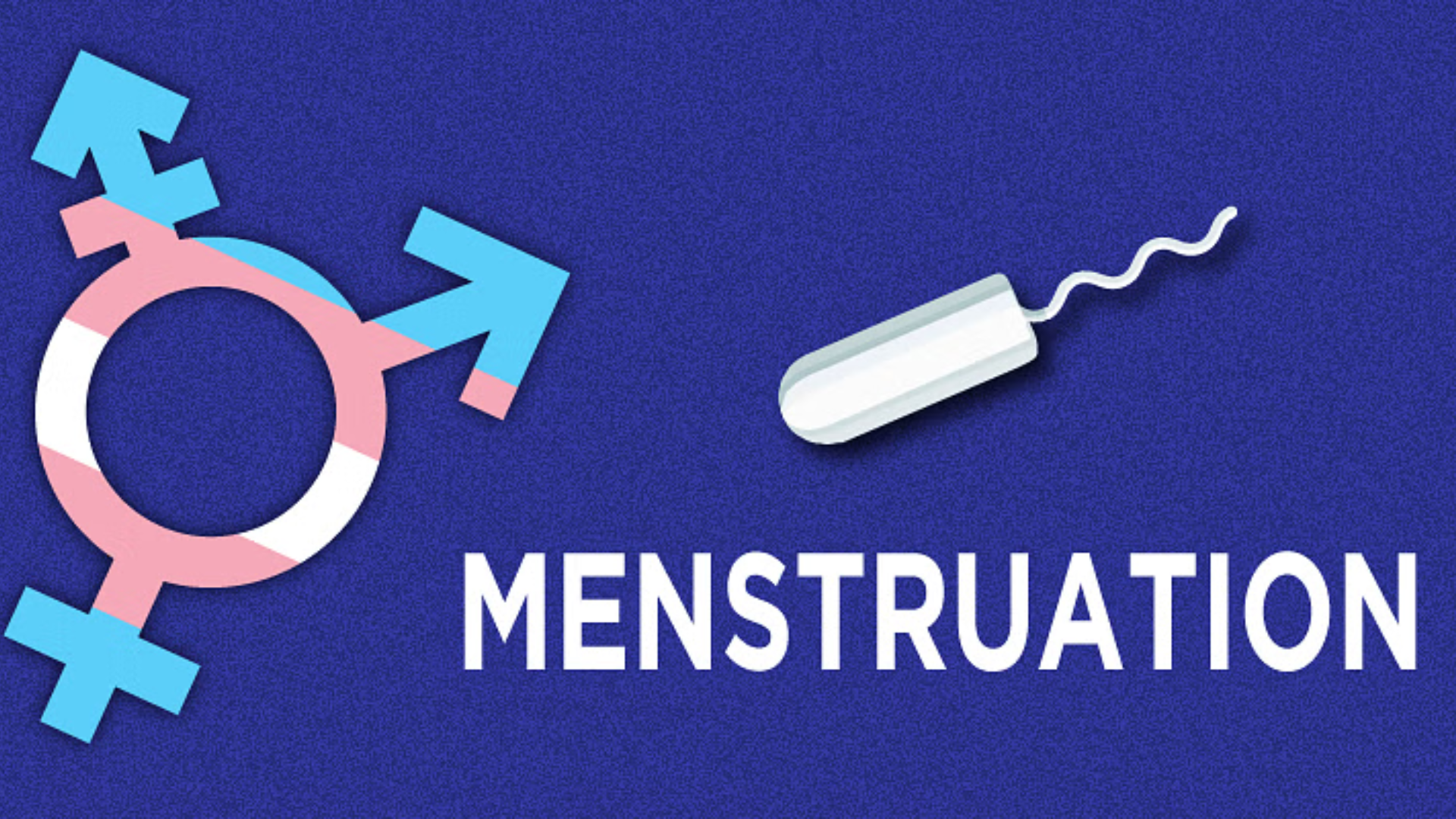Every organization has a workplace environment & company culture unique to itself. The uniqueness is imparted largely by company values and employee behavior. Due to this, each organization’s definition of appropriate behavior/culture varies accordingly. A quick example would be the dress code – casuals for some & formals for others.
Similarly, every organization has different values regarding how employees must present themselves. For instance, some organizations require its employees to professionally present themselves at all time. Whereas others create friendly work relations among the employees and the management.
But besides the company culture, an organization must define the thin line between appropriate and inappropriate workplace behavior.
Appropriate vs Inappropriate Behavior – It’s a Thin Line
There is a fine line between what’s right and what’s not. For a healthy and safe work environment, it is important for you to be able to identify it.
In the absence of defined guidelines, the effort to create a friendly workplace often makes it hostile. Giving employees the liberty to behave around colleagues any way they wish can lead to an increase in the incidents of sexual harassment and bullying.
One may be able to get away with leaving coffee cups on the table. But no one should be able to get away with sexual harassment. Even with clear guidelines, most employees do not take steps against sexual harassment because they are unable to identify ‘sexual harassment.’
“What if it was just a friendly gesture?” or “That wasn’t the intention” are two of the many doubts that cross one’s mind after being sexually harassed. The easiest step to identifying sexual harassment is asking yourself if it made you uncomfortable. If yes, then it indeed is sexual harassment.
This is what each and everyone needs to understand. The thin line between appropriate and inappropriate workplace behavior. It will help you in identifying sexual harassment and also prevent one from ‘crossing the line.’
Defining Workplace Behavior
The PoSH law says, “Sexual Harassment” includes unwelcome sexual behavior, whether directly or by implication, such as:
- Physical contact and advances
- Demand or request for sexual favors
- Making sexually colored remarks
- Showing pornography, or
- Any other unwelcome physical, verbal or non-verbal conduct of a sexual nature
But knowing what the law says isn’t enough, you need to have a clear understanding of how the law defines workplace behavior.
The law clearly states as to what amounts to sexual harassment in the workplace and has a wide definition of ‘unwelcome behavior of sexual nature’. But lack of knowledge and awareness among the employees prevents them from identifying certain behavior as sexual harassment.
For instance, greeting or groping? There is a thin line between the two. When a colleague or client, gropes while greeting, it amounts to Sexual harassment.
Staring – Appropriate or Inappropriate?
Employees do not always take action against staring. Why? Because it seems harmless.
“I was just looking, not staring.”
If someone’s ‘looking at you’ makes you uncomfortable, it amounts to staring. And according to the law, this can amount to sexual harassment.
Comments on Appearance – Appropriate or Inappropriate?
Has a colleague ever complimented you while walking down the corridor? Someone telling you that you ‘look good’ isn’t sexual harassment.
But if they make sexual comments on your appearance, then it does amount to sexual harassment. For instance, if a colleague tells you that you look good in short skirts – that remark will most likely make you uncomfortable. And it is inappropriate workplace behavior.
Gossip – Appropriate or Inappropriate?
When a group of people spends 8 hours every day together, they tend to talk to and talk about each other. And at some point, it often turns into gossiping about a fellow colleague. If you hear a colleague gossiping and making sexual remarks about you, it amounts to sexual harassment.
In fact, if a colleague and you are making an inappropriate sexual remark (about a third person), you are equally guilty of sexual harassment.
The law states clearly, ‘making sexually colored remarks’ amounts to sexual harassment. You should speak up against sexual harassment and file a complaint with the IC.
Physical Contact – Appropriate or Inappropriate?
An appreciative pat on the back is mostly a sign of good work. But at times the same ‘pat’’ could also be a sign of sexual harassment. Any ‘unwelcome’ physical touch that makes you uncomfortable amounts to sexual harassment.
If a coworker makes or tries to make physical advances, you can always politely ask them to stop. If they do not, you can file a complaint of sexual harassment against the coworker.
Invading Personal Space – Appropriate or Inappropriate?
Invading personal space does not always mean that someone’s going to swing by your cubicle every now and then. Think about walking down the hallway or taking an elevator. If a coworker stands too close when there is obviously more space for them, the behavior may amount to sexual harassment.
In situations when someone is invading your personal space, you can directly and politely ask them to maintain distance. But if that doesn’t stop, you should file a complaint of sexual harassment immediately.
Asking Someone Out – Appropriate or Inappropriate?
Has a colleague ever asked you out for dinner? Consensual relationships in the workplace do not amount to sexual harassment. Similarly, asking a co-worker out is not sexual harassment.
But repeatedly bringing it up, once you have already denied, is sexual harassment. If the colleague keeps interrupting you through the day or makes gestures hoping to ‘change your mind’ then that also amounts to sexual harassment.
No, definitely means, no.
Stalking – Appropriate or Inappropriate?
You often share your phone number (or any other personal point of contact) with your colleagues. And getting to know each other well is a sign of a healthy work environment.
But when it reaches a point where constant personal communication makes you uncomfortable, it can be sexual harassment.
For instance, a coworker texts/calls you a lot during the day for non-work related conversations, then it is not sexual harassment. But once you’ve asked them to stop doing the same because the conversations are becoming too personal, and if they do not, it amounts to sexual harassment.
Since the law has a wide definition of the term ‘workplace’, these incidents do not only amount to sexual harassment when you are in your ‘designated office.’ The Act covers any/every place visited by the employee during the course of employment including transportation provided by the employer. Even non-traditional workplaces which involve telecommuting and virtual spaces are covered under the POSH Law.
Working in a Safe Environment is your Right
Sexual harassment creates a hostile work environment. Not just for the victim but others around them as well. PoSH law provides you with a right to work in a harassment-free environment.
“The Sexual Harassment of Women at Workplace (Prevention, Prohibition, and Redressal) Act, 2013 makes it illegal to sexually harass women in the workplace.”
Here is what you can do as an individual employee to prevent sexual harassment in your organization –
- If you are being harassed by another employee, you can always confront them about the same. It is important to send across a clear message while still being polite. If that doesn’t stop, you can file a complaint against the harasser to the IC.
- If you see someone around you being harassed, you can confront the harasser yourself on their behalf. It is not always essential to discuss it with the harassed first, as creating a safe working environment is also your responsibility. Further, silence against sexual harassment allows more incidents of harassment in the workplace and makes you equally guilty of harassment.
- You can also report the incident on someone else’s behalf if they are too afraid to speak up. Again, you do not need to consult with the victim while filing the anonymous report. If you notice any incidents of sexual harassment around you, you can report it to the IC and leave the further investigation to them.
Reporting any incidents of sexual harassment in the workplace helps in building a safe working environment. For a harassment-free workplace, it is also important for employees to be aware of the law, their rights and the consequences of sexual harassment.
PoSH Awareness can Prevent Sexual Harassment
The law made it mandatory for any organization with 10 or more employees to train their employees to prevent sexual harassment.
Through anti-sexual harassment training, you can learn what the PoSH law says about sexual harassment at the workplace. It helps you in understanding and differentiating between inappropriate and appropriate behavior at the workplace. Awareness training programs are now a necessity at every organization.
We, at Rainmaker, are dedicated to helping build a safe workplace through our training modules. Our training modules are designed for employees, managers & IC members.
Sensitized and trained employees make a safer workplace.
If your organization is not PoSH compliant, you can request a training programme from your HR manager in order to make a better workplace that is free from sexual harassment.
DISCLAIMER – No information contained in this website may be reproduced, transmitted, or copied (other than for the purposes of fair dealing, as defined in the Copyright Act, 1957) without the express written permission of Rainmaker Online Training Solutions Pvt. Ltd.











